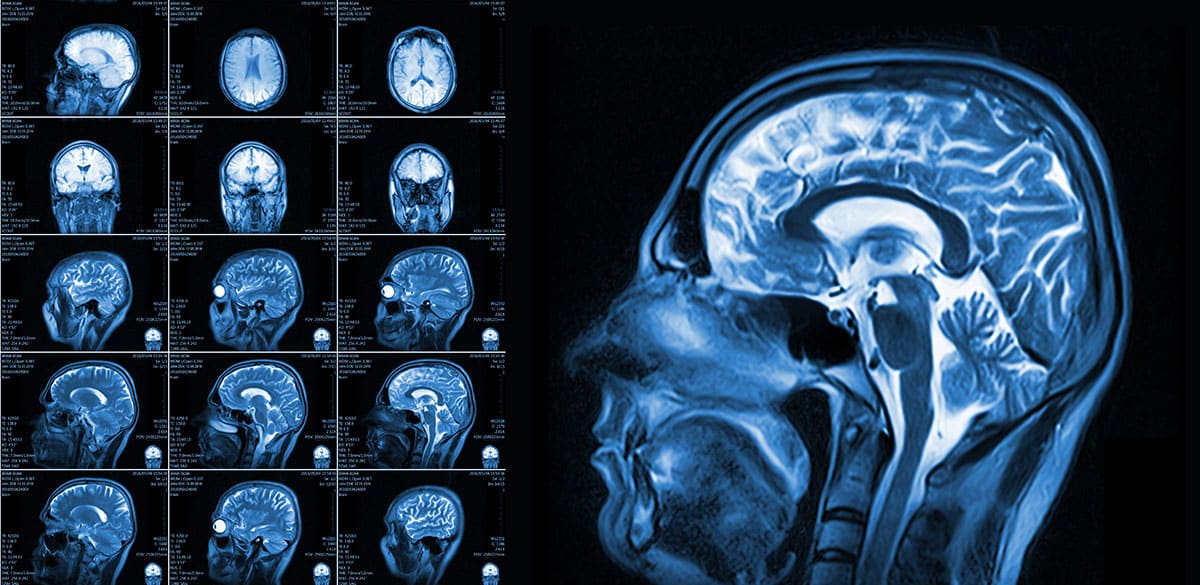After suffering from a brain injury in an accident, many victims find that they become depressed in addition to the other consequences of the injury.
When accident victims sustain trauma to their head, they often experience varying effects. According to the Brain Injury Association of America, the consequences of traumatic brain injuries often depend on the location, severity and cause of the trauma. Although TBI victims often suffer from varying consequences, one effect many experience is depression.
What makes depression more likely?
The Department of Health & Human Services states that out of every 10 people who do not have a TBI, one will have depression. Comparatively, three out of every 10 brain injury sufferers will experience episodes of depression. This risk increases regardless of whether the brain injury was mild, moderate or severe. However, researchers are still unable to determine whether factors like age, the area of the brain that was harmed or gender make brain injury victims more susceptible to this mental illness.
Researchers are also unable to come to a conclusion regarding when it is most likely that TBI victims will start to experience the symptoms of depression after an accident. For some, this mental illness may start to develop soon after the initial trauma, but other TBI victims may not experience its effects for a year or more following the accident.
Signs of this mental illness
There are many different signs that could indicate a TBI victim has depression. According to the DHHS, these include some of the following:
- The person increases his or her dependence on alcohol, tobacco or drugs.
- Feelings of depression, sadness, hopelessness or despair persist throughout most of the TBI victim’s day.
- The TBI victim experiences changes in his or her sleeping and eating habits.
- A loss of interest in regular activities and time with friends or family members occurs.
- The TBI victim contemplates committing suicide.
In many situations, the brain injury sufferer may not notice these symptoms, but the people who live and work around him or her might.
Available treatment options
Depression is usually treated with psychotherapy, antidepressants or a combination of both of these treatment options, states the DHHS. Currently, it is not known how psychotherapy and antidepressants specifically affect those living with a brain injury. However, both of these options are known to help people who suffer from depression in general.
Brain injury victims who develop depression may be worried about how long this consequence and the other effects of their TBI will persist. If you suffered from a brain injury caused by the negligence of another person, turn to an attorney to determine what compensation may be available to you.
For more information on Brain Injuries check out: out: https://www.venturalaw.com/heard-of-cte-the-new-awareness-of-concussions/


